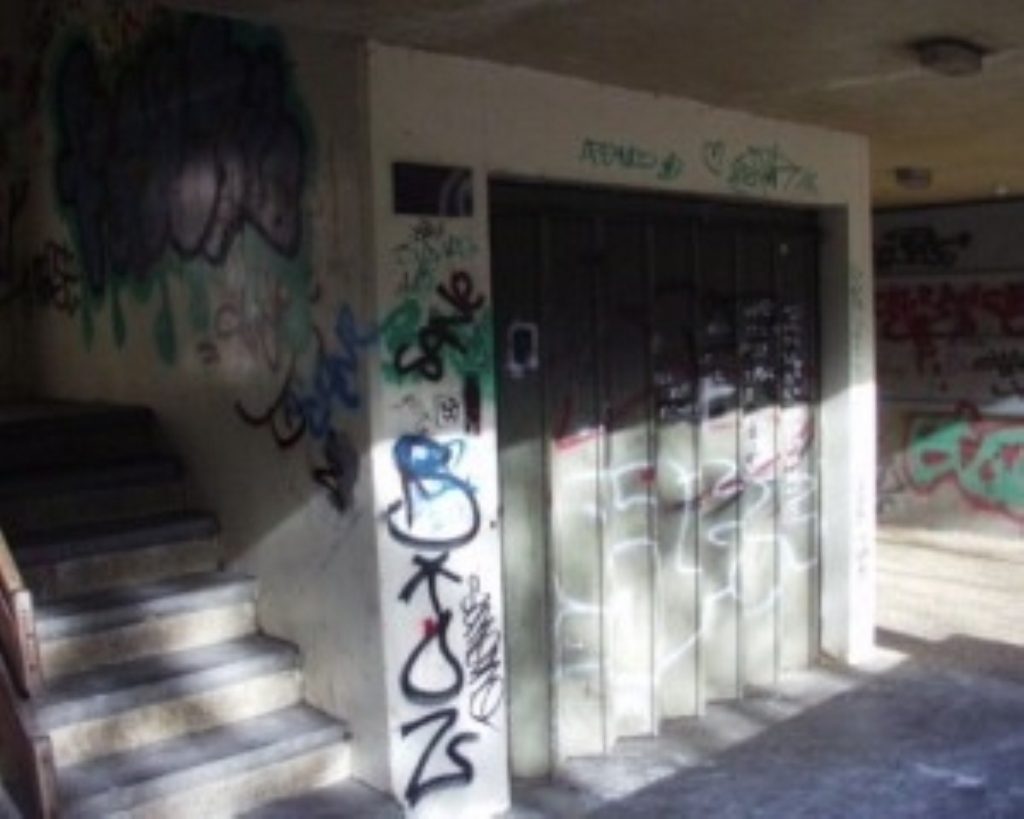Worst areas get anti-social behaviour cash
The 40 local authority areas with the worst anti-social behaviour will get extra money from the Home Office, the government’s ‘respect’ tsar has announced.
Louise Casey said councils in England and Wales would have to agree to become “respect areas” and crack down on yobbish behaviour in return for extra resources, which have yet to be detailed.
The areas to qualify will be announced in January, but the Conservatives have already dismissed the plan as an “admission of government failure” and proof that ministers’ flagship anti-social behaviour orders (Asbos) are not working.
Recent Home Office figures revealed 47 per cent of Asbos are breached. Among the under 18s, this rises to 57 per cent, fuelling claims that the orders are ineffective and even viewed as a “badge of honour” for many young people.


Shadow home secretary David Davis said the government should focus more on simple and practical measures such as putting more police officers on the street, in its fight against anti-social behaviour.
“The fact the government is resorting to having to bribe local authorities to sign up to their gimmicks betrays just how unsuccessful they have been. The government should ditch the gimmick-led approach and start respecting the public’s intelligence,” he said.
But Ms Casey said she was “not surprised” by the breach rates of Asbos, saying: “The figures very clearly show that kids who are breaching Asbos are breaching everything else as well.
“It is not the failure of the Asbo, it is the failure of getting the offending behaviour of that young person under control. That is a wider debate for the Home Office to have.”
She added that the government was looking at ways to make it easier for local people to have their say about anti-social behaviour, including the use of “street meetings” attended by key police and council figures.
Explaining the new local area funding plan, Ms Casey said: “There are going to be 40 respect areas around the country. These are areas we have selected on the basis of indexes such as deprivation and high levels of anti-social behaviour but also on truancy, exclusion from school and other things.
“We approached these local authorities and asked if they wanted to become respect areas and now they have signed up for it. They have to convince us that they will do it.”

